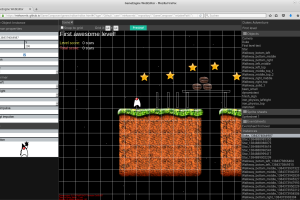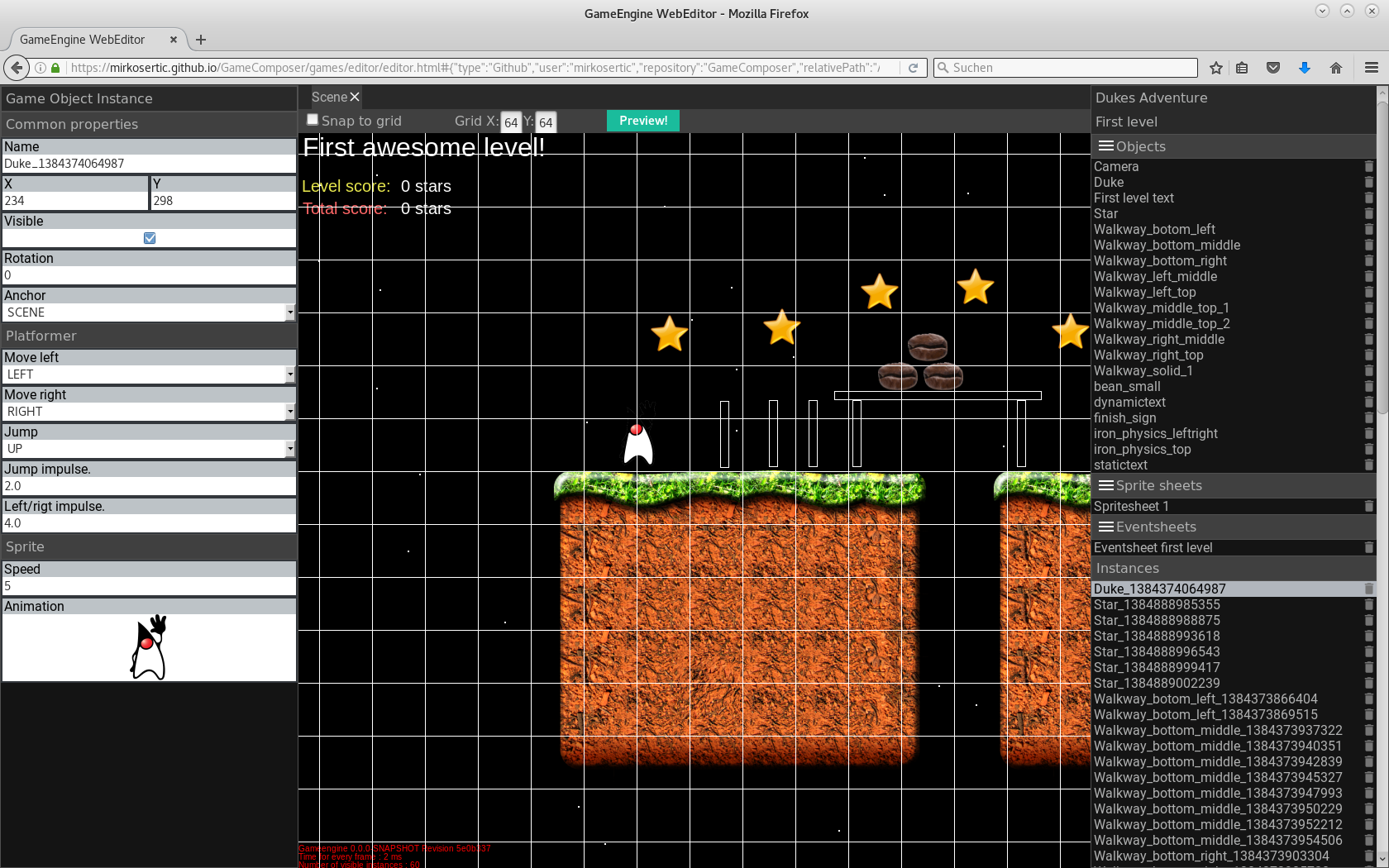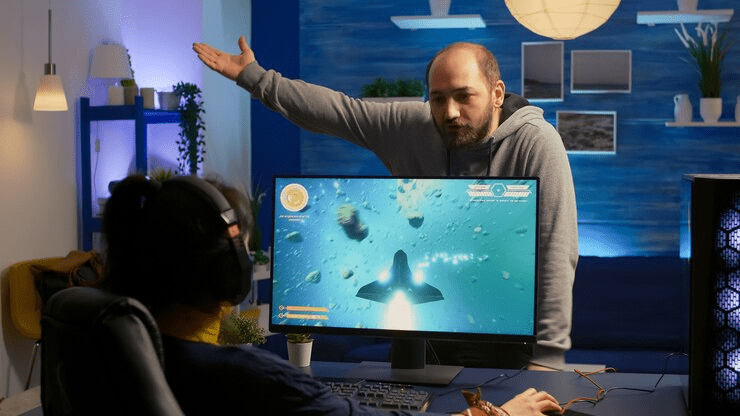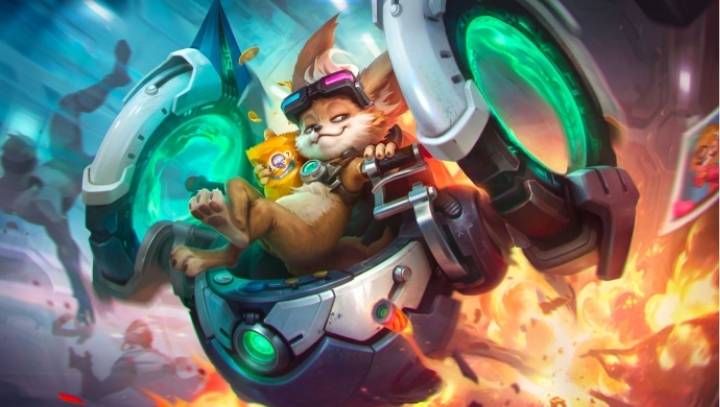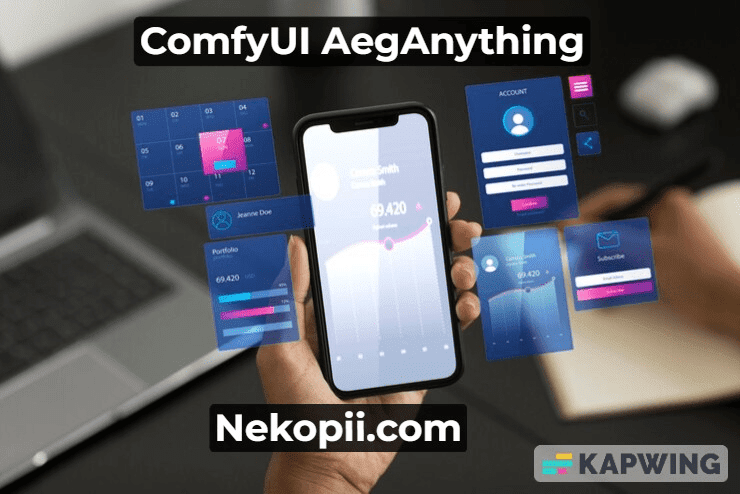Introduction:
GitHub.io refers to a subdomain of GitHub that is used to host static websites directly from GitHub repositories. This feature is popular among developers for showcasing projects, portfolios, and documentation, as it integrates seamlessly with version control and collaborative features of GitHub . Additionally, there are numerous open-source games and game projects available on GitHub that can also be hosted and played through GitHub Pages, contributing to the platform’s vibrant community of developers and gamers.
Why GitHub.io Games Are Popular
Accessibility and Free Hosting
One of the biggest attractions of GitHub.io games lies in their accessibility. Unlike downloadable games, GitHub.io.games run directly in the browser, requiring no installation or high-end hardware. By using GitHub Pages for hosting, developers can publish games for free, creating an ecosystem where more people can share and play games without cost barriers. The result? An extensive catalog of games that players can access instantly, anywhere with internet access.
Community and Collaboration
GitHub.io games allow developers to connect with like-minded creators, whether through open-source code sharing or direct collaboration on game development. Many GitHub.io games are created by developers worldwide, and contributors can help improve the code, add features, or localize games for different languages. This collaborative approach results in a steady stream of updates, leading to games that stay relevant and exciting.
Top GitHub.io Games to Play Now
Retro-Themed Games
Retro-themed games offer a nostalgic experience for gamers who grew up with classic arcade titles. Popular retro-style games on GitHub.io include titles inspired by old-school games like Snake, Pac-Man, and Breakout. With simple yet engaging gameplay, retro GitHub.io games are a delightful throwback for many players. These games combine minimal graphics with challenging mechanics, making them accessible yet highly engaging.
Educational and Coding Games
Educational games are a major part of the GitHub.io gaming landscape. Many developers create games that help players learn coding basics or improve their programming skills. Games like CodeCombat and Flexbox Froggy allow players to learn JavaScript, CSS, and other programming concepts interactively. By turning coding into a game, developers have made learning accessible and fun, appealing to players of all ages.
Multiplayer and Community Games
GitHub.io hosts a variety of multiplayer games where players can engage with each other in real time. Games like agar.io clones and slither.io clones allow players to compete online, bringing a sense of community and interaction that traditional single-player games lack. With GitHub.io, these games can run smoothly on basic devices, providing multiplayer gaming experiences without demanding resources.
Building Your Own GitHub.io Game
Getting Started with GitHub Pages
Creating a GitHub.io game begins with setting up a GitHub Pages site. Start by creating a GitHub repository dedicated to your game project. Once you’ve created the repository, you can enable GitHub Pages in the repository settings. By using a static website generator or manually coding in HTML, CSS, and JavaScript, you can quickly get your game online and accessible.
Coding Languages for GitHub Games
Most GitHub.io games use a combination of HTML5, CSS, and JavaScript. HTML5 provides the game structure, CSS helps with visual styling, and JavaScript powers the game’s logic. Libraries like p5.js, Phaser, or Three.js can further simplify the development process by offering pre-built functions for creating animations, handling user input, and rendering graphics.
Setting Up a Game Repository
Understanding Repository Structure
A well-organized GitHub repository makes development more efficient. Each file in the repository serves a purpose: the HTML file typically contains the game structure, while JavaScript files contain game logic and functionality. CSS files manage the visual styling, and additional folders might store assets like images, audio, and fonts. By structuring files logically, developers make it easy for collaborators to understand and contribute to the project.
How to Add Files and Manage Commits
Adding files to a GitHub repository is straightforward, but managing commits effectively is essential for tracking changes. Each commit represents an update, allowing developers to roll back to previous versions if necessary. Using descriptive commit messages helps maintain clarity in the code’s evolution. This habit becomes especially helpful when collaborating with other developers.
Game Development Tools and Libraries
JavaScript Game Libraries
JavaScript libraries provide a solid foundation for game development on GitHub.io. Phaser is a popular choice, offering a suite of tools for creating 2D games. p5.js is another widely used library that simplifies graphics rendering and animation, making it ideal for beginners and experienced developers alike. These libraries accelerate development, allowing you to focus on creative aspects rather than writing repetitive code.
HTML5 and CSS for Game Design
The HTML5 and CSS lay the groundwork for the game’s design. HTML5, with its canvas element, is essential for displaying graphics, while CSS enhances visual effects, transitions, and positioning. By combining HTML5’s structure with CSS’s styling capabilities, developers can create visually appealing games that run smoothly across devices.
Graphics and Sound Libraries
For enhanced graphics and sound, GitHub.io game developers can use libraries like PixiJS for high-performance 2D graphics and Howler.js for handling audio. These libraries simplify the inclusion of sophisticated elements such as particle effects, background music, and sound effects, creating a more immersive gaming experience.
Hosting and Deploying on GitHub.io
Preparing Your Game for Deployment
To deploy a game on GitHub.io, ensure all files are in place and your code is optimized for the browser. Compressing images, minifying CSS and JavaScript, and eliminating redundant code help improve game performance. Always test your game in different browsers to verify that it runs smoothly.
Setting Up GitHub Pages
With your game files prepared, enabling GitHub Pages is straightforward. Navigate to your repository’s settings, select GitHub Pages, and choose the branch to deploy. Within minutes, GitHub Pages will publish your game online, giving it a public URL where players can access it immediately.
Enhancing Game Performance
Tips to Optimize Game Speed
Optimizing your GitHub.io game is key to delivering a seamless player experience. Use techniques like code splitting to load assets only when necessary, and implement efficient algorithms to reduce lag during gameplay. By minimizing resource use, your game can run smoothly, even on devices with limited processing power.
Using GitHub Actions for Automated Testing
GitHub Actions offers automated testing and deployment, ensuring that your game functions properly before it goes live. By setting up workflows to run tests after each commit, you can catch issues early and deploy with confidence. GitHub Actions can also automate tasks such as minifying files, which enhances game performance.
Engaging with the GitHub Community
Joining Game Dev Communities
The GitHub developer community thrives on collaboration and feedback. By joining communities focused on GitHub.io games, you can connect with other game creators, share experiences, and receive constructive feedback. These communities often host discussions, share code snippets, and provide a platform to showcase your game projects.
Participating in Game Jams
Game jams are time-bound events where developers create games from scratch based on a specific theme. Many GitHub.io game developers participate in jams like Ludum Dare and Global Game Jam. Game jams are ideal for networking, improving coding skills, and pushing creative boundaries under time constraints.
Learning and Growing as a Developer
Resources to Improve Coding Skills
Numerous online resources can help you sharpen your game development skills. Websites like freeCodeCamp and MDN Web Docs provide comprehensive tutorials on HTML, CSS, and JavaScript. GitHub itself offers a wealth of open-source projects you can study, modify, and learn from, accelerating your development journey.
Tutorials and Open-Source Projects
GitHub hosts thousands of open-source game projects that can serve as learning tools. By studying the code of successful GitHub.io games, you can discover new techniques and approaches. Many projects include documentation, making it easy for beginners to follow and learn from the code structure and design.
Future of GitHub.io Games
The Evolution of Browser-Based Games
Browser-based games have come a long way from simple text-based adventures to complex, interactive experiences. With advances in WebGL, WebAssembly, and JavaScript libraries, GitHub.io games are continually evolving in complexity and sophistication. The future holds promising opportunities for developers to push the boundaries of what browser games can achieve.
Trends in Open-Source Gaming
Open-source gaming will likely continue its upward trajectory, with GitHub.io games playing a key role. As more developers contribute to open-source projects, we can expect a growing number of innovative, high-quality games that redefine the gaming landscape. Future trends may include virtual reality support, enhanced AI mechanics, and more robust multiplayer capabilities.
Conclusion
GitHub.io games provide a unique fusion of creativity, accessibility, and community. Whether you’re a gamer or a budding developer, GitHub.io games offer something valuable for everyone. As open-source gaming continues to grow, the opportunities for creating and enjoying games on GitHub Pages will only expand. Dive into this exciting world, and who knows—you might just find yourself creating the next big GitHub.io game.
Also Read:MangaRead Experience: 10 Features That Enhance Your Reading
FAQs
How do I start building a GitHub.io game?
Begin by creating a GitHub repository and enabling GitHub Pages. From there, use HTML5, CSS, and JavaScript to code your game.
Can I play GitHub.io games offline?
Most GitHub.io games require an internet connection, but some games support offline play after they load.
Are GitHub.io games safe to play?
Yes, GitHub.io games are generally safe, but always verify the repository and source code, especially if it involves third-party assets.
What skills do I need to create a GitHub.io game?
Basic knowledge of HTML, CSS, and JavaScript is sufficient. For more complex games, knowledge of libraries like Phaser or p5.js helps.
How can I contribute to a GitHub.io game project?
Fork the project repository, make changes, and submit a pull request. Engaging with the project maintainers also helps.
Can I monetize my GitHub.io game?
While GitHub Pages does not support ads, you can monetize through other means, like sponsorship or donation links.

